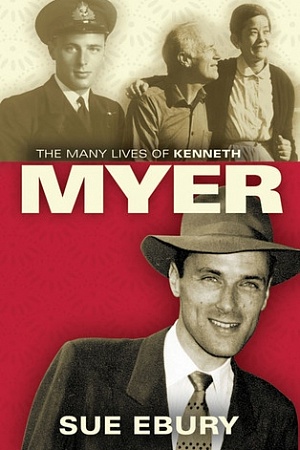The Keats Brothers: The life of John and George
Harvard University Press (Inbooks), $45 hb, 499 pp
Parallels in the lives of two temperamentally different brothers
On the morning of 17 September 1820, a consumptive John Keats and his travelling companion and nurse, the artist Joseph Severn, boarded the 127-ton brigantine Maria Crowther bound for Italy. Ahead of them lay thirty-four days of foul weather, fouler food, and close quarters shared with another consumptive (a young girl) and a horrified matron; thirty-four days, for Keats, of agonising regret and mortal fear. It was the first stage of what he called his ‘posthumous existence’: the twenty-five-year-old poet was sailing out to die. And because Keats was prevented by the well-meaning Severn from swallowing the phial of euthanasian opium he had bought before leaving England, this posthumous existence would drag on until nearly midnight on Wednesday, 21 February 1821, when Keats died in Severn’s arms in an apartment in the Piazza di Spagna in Rome.
Continue reading for only $10 per month. Subscribe and gain full access to Australian Book Review. Already a subscriber? Sign in. If you need assistance, feel free to contact us.















Leave a comment
If you are an ABR subscriber, you will need to sign in to post a comment.
If you have forgotten your sign in details, or if you receive an error message when trying to submit your comment, please email your comment (and the name of the article to which it relates) to ABR Comments. We will review your comment and, subject to approval, we will post it under your name.
Please note that all comments must be approved by ABR and comply with our Terms & Conditions.